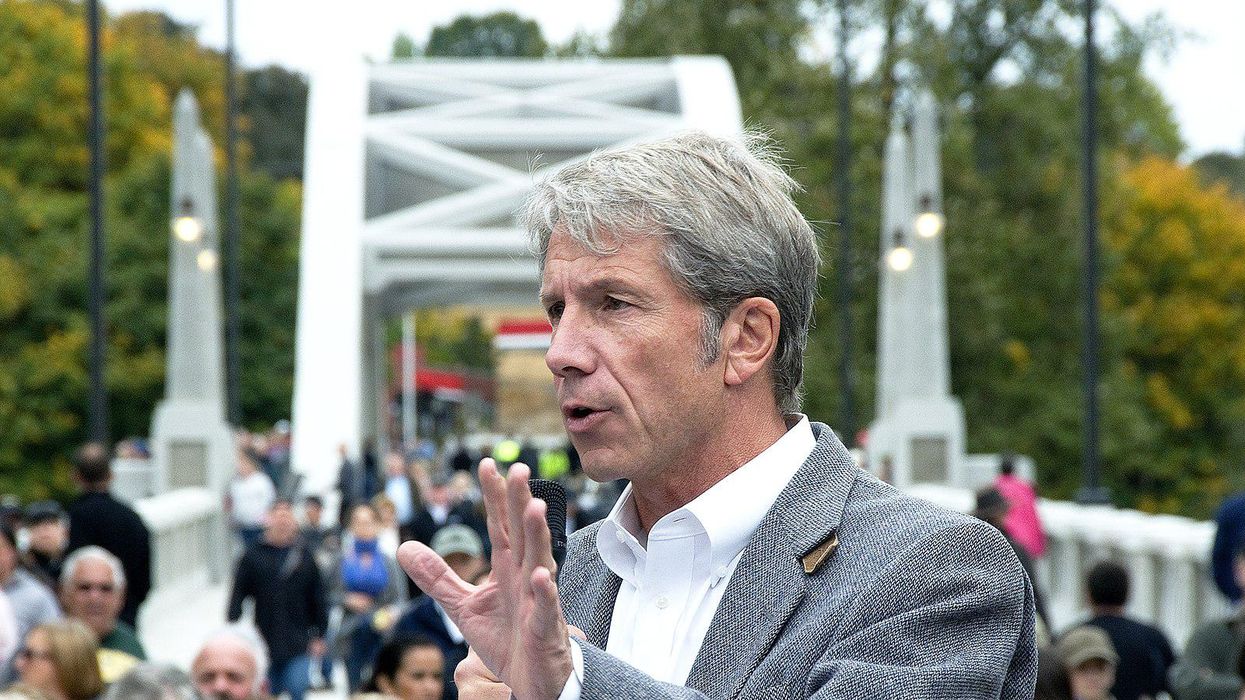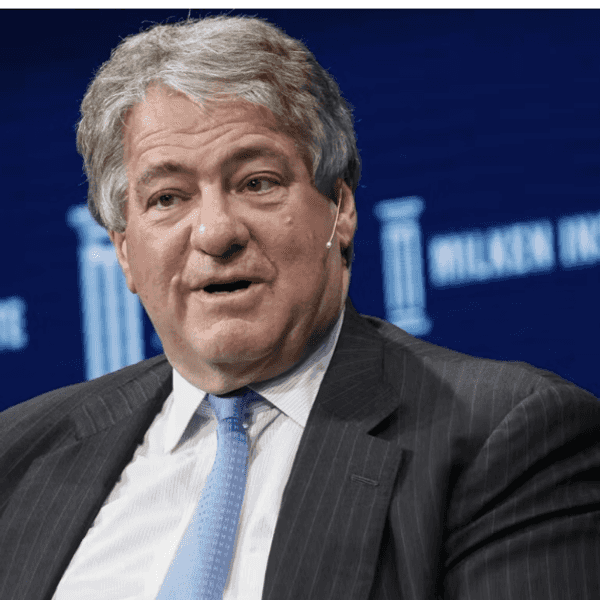Why Renegade Democrats Are Choosing Big Pharma Over Biden

Rep. Kurt Schrader
Reprinted with permission from Daily Kos
When news broke Wednesday that three Democrats on the House Energy and Commerce Committee had voted with Republicans to torpedo a wildly popular provision to lower prescription drug pricing, one could be forgiven for thinking those members anticipate a bruising reelection campaign in 2022.
Instead, Reps. Scott Peters of California, Kurt Schrader of Oregon, and Kathleen Rice of New York are nowhere to be found on the Democratic Congressional Campaign Committee's (DCCC) list of Democrats' most at-risk front-line members. Fortunately, the drug pricing provision remains viable after enough Democrats on the House Ways and Means Committee approved it as part of the panel's overall measure. The only Democrat who voted against it on Ways and Means was Rep. Stephanie Murphy of Florida, who doesn't appear on the DCCC's frontline list of vulnerable members either.
In fact, the drug pricing provision—which would allow Medicare to negotiate lower prescription drug prices—turns out to be wildly popular among a number House Democrats who are actually facing stiff reelection odds, as the HuffPost reporter Kevin Robillard wrote in July.
"The number one issue I hear about in my district is the cost of prescription drugs," said Rep. Susan Wild of Pennsylvania, who spearheaded a letter over the summer urging Democratic leadership to adopt the drug pricing measure.
Altogether, 15 Democrats signed onto Wild's letter—all of them part of the DCCC's front-line program.
So while Democratic members in states like Kansas, Iowa, and Georgia are trying to do right by their constituents in a battle for their political lives, those who hail from safe seats in states like New York and California are trying to doom one of the centerpieces of President Joe Biden's agenda.
Allowing Medicare to negotiate drug prices polls better than perhaps any other single provision in Democrats' $3.5 trillion budget bill. A Kaiser Family Foundation (KFF) poll in May found that "nearly nine in ten (88 percent) favor allowing the federal government to negotiate for lower prices on medications, including three-fourths (77 percent) of Republicans, nine in ten independents (89%) and 96% of Democrats." The measure is also expected to save the federal government some $500 billion (give or take) over the course of a decade—savings that will then be used to expand the umbrella of Medicare coverage to include dental, vision, and hearing benefits.
So what gives with these conserva-Dems? Money. Big Pharma is dishing out big money to Democrats who voted against the provision. As HuffPost's Daniel Marans notes:
- Murphy is the second-highest recipient of Big Pharma PAC money in Congress so far this cycle at $54,000 and received $117,500from those PACs in the 2020 cycle.
- Peters, the third-highest recipient of Big Pharma PAC money in Congress this cycle at $55,800, received $209,300 from those PACs in the 2020 cycle.
- Schrader, the 21st-highest recipient of Big Pharma PAC money this cycle at $24,000, received $142,000 from those PACs in the 2020 cycle.
Rice's Big Pharma PAC haul isn't nearly as eye-popping at $3,000 so far this cycle and $5,500 last cycle. But Rep. Lou Correa of California, who has also made noise about opposing the measure, has taken in $14,500 from Big Pharma PACs this cycle and banked $75,000 last cycle.
The office of House Speaker Nancy Pelosi was quick to respond to the initiative's failure to gain approval in the Energy and Commerce Committee.
"Polling consistently shows immense bipartisan support for Democrats' drug price negotiation legislation, including overwhelming majorities of Republicans and independents who are fed up with Big Pharma charging Americans so much more than they charge for the same medicines overseas," said spokesperson Henry Connelly, promising that the initiative would "remain a cornerstone" of the Build Back Better Act.
Shortly after that statement, the Ways and Means panel approved almost identical drug pricing language.
The major hurdle, however, is that Pelosi can't afford to lose more than three Democrats on the $3.5 trillion budget bill overall. Murphy reportedly expressed optimism about still supporting the broader package, but "no" votes from Peters, Schafer, and Rice would imperil the entire bill.
Those members have also announced themselves as people who may invite a primary one day, particularly if they vote against overall passage.
"There's a lot of Democrats in deep blue seats who never get seriously challenged about how such large sums of corporate donations may influence their policy positions," said Waleed Shahid, a spokesperson for Justice Democrats, which works to unseat conserva-Dems in safe seats.
- Suspend Those Vaccine Patents Now - National Memo ›
- How Pharma's Greed Is Blocking Vaccination For The Whole World ... ›
- Danziger Draws - National Memo ›
- Opponents Of Drug Pricing Reform Among Top Recipients Of Pharma Funds - National Memo ›
- Centrist House Democrats unveil rival proposal to lower drug prices ... ›
- STATEMENT: Reps. Peters, Rice, and Schrader's Opposition to ... ›
- Big Pharma's Democrats ›
- Democrats suffer blow on drug pricing as 3 moderates buck party ... ›
- Three Democrats say they'll oppose party's drug-price plan, creating ... ›
- Moderate Democrats sink Pelosi's drug pricing bill in key committee ... ›
- Centrists throw wrench in House Democrats' drug pricing plans ... ›








